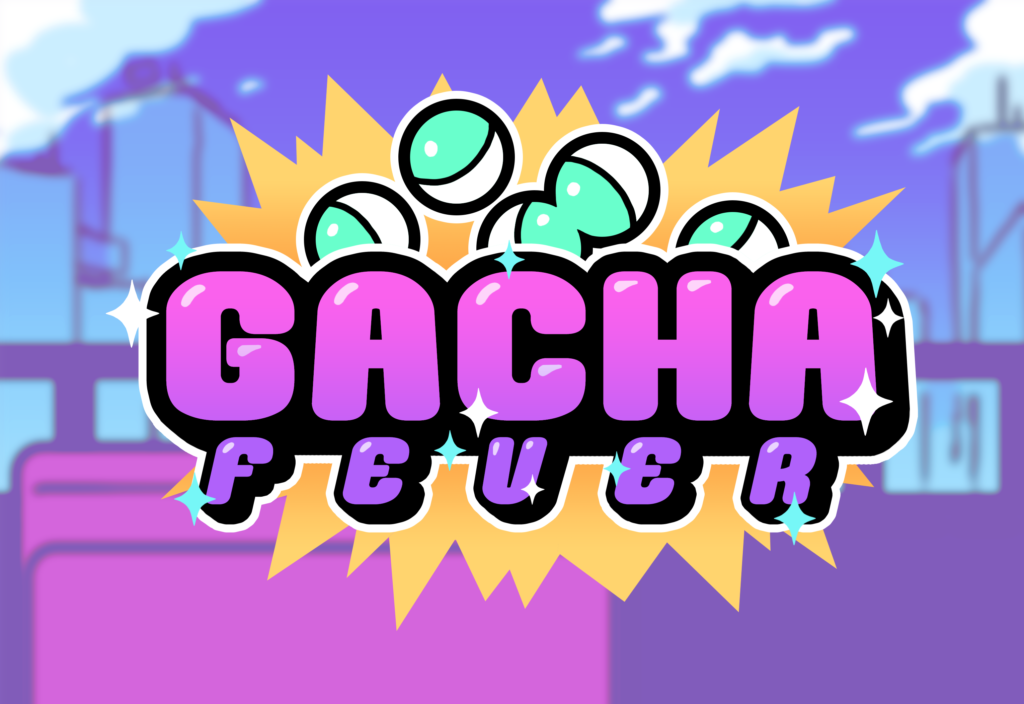We recently had the pleasure of working with Milkshake Games, to localize their amazing game Gacha Fever. Why the pleasure? Simple, not only because they are amazing individuals, but also, because they approached localization perfectly, allowing for a smooth, fast and successful project.
Here’s what you can learn as a developer, from Milkshake Games.
Choose Languages Based on Tangible Data
Milkshake Games didn’t choose which languages to localize into based on guesswork but, they instead conducted research and used data to make the best decision possible.
– Japanese: They noticed promising sales in Japan even without localization, which showed the market had great potential.
– German: After a DIY localization attempt that failed and a subsequent demand from players, they decided to come to us. This proved to be a great decision and the localization showed players that their feedback was valued, and encouraged more support for the game.
– Brazilian Portuguese: Extensive research and data showed this market had a huge potential. Adding this language was a strategic way to reach more players and diversify their audience further.
By combining data with player feedback, they focused on the right markets and avoided wasting time and money. You can also do your own market research, completely DIY.
Preparation
The developers prepared carefully before handing the project the us, which made the whole process much easier.
– Organized Text: They put all the game’s text into one spreadsheet. This made the process easier and ensured nothing was missed. Having everything in one place saved time and reduced errors.
– Adjusted Fonts and Layouts: They updated their game to handle different languages. For example, they added special characters for Japanese and resized text boxes to fit longer translations.
– Tested the Game: Before passing the text to us, they verified everything in the game to make sure it was ready for localization.
Without their efforts, the localization process wouldn’t have been as smooth as it was!
Hired Professionals
They had previously tried to do the German localization by themselves, but as expected, it lacked quality. That is the reason why they chose to go with a professional localization provider. This not only significantly bettered the quality of the localization but resulted in a smoother process.
– Better Translations: We ensured the text fitted the language and culture. This means the game doesn’t just read well but feels natural to players in each region.
– Faster Results: Milkshake Games was impressed by how quickly we handled the project. Opting for a professional localization provider saved them time and let them focus on other tasks.
– Improved Player Experience: The localization helped create a polished product that players appreciated, boosting player satisfaction and engagement.
This decision let them focus on what they are amazing at, which is making games, trusting us to handle the rest. The final product was far better than what they could have achieved on their own.
Leveraged the community
Communities can be a very valuable tool, providing feedback and validation. This is the reason why Milkshake Games decided to leverage their community.
– Feedback on Features: While localization was the main focus, involving the community helped Milkshake Games improve smaller details that made the game better overall.
– Validation: The lack of complaints about the localization showed it worked well. No news is good news in this case, as players didn’t find anything to criticize.
While the community’s role was small, it helped improve the final product. Their experience shows that even a little player input can be valuable. Engaging with players also builds trust and loyalty.
The Results
Localization proved to be a game changer for Gacha Fever, resulting in:
– Higher Sales: Localized regions like Japan and Germany saw big increases in sales. Players were more likely to buy and recommend the game when it was available in their language.
– Happy Players: Players in those regions appreciated the updates and supported the game more. Positive feedback from players showed the effort was worth it.
– Improved Reputation: By localizing, Milkshake Games showed they cared about their players. This improved their reputation in the gaming community which will come in handy for future projects!
What’s even more impressive is that these results came without any marketing campaign. Milkshake Games showed that localization alone can boost success in the right markets. We all agree, marketing is important, but it proved that it’s not a reason to delay localization. Players will notice and support quality efforts, even without heavy promotion. Milkshake Games’ success with Gacha Fever is a textbook example for other developers. You can consider it as the go-to approach for successful localization. Follow these steps and you can be sure that the results will come:
– Research to find the right markets.
– Prepare well to make localization smoother.
– Hire professionals for quality work.
– Listen to the community for extra help.
If you’re an indie developer wondering if localization is worth it, Milkshake Games’ story gives a clear answer: it absolutely is.
